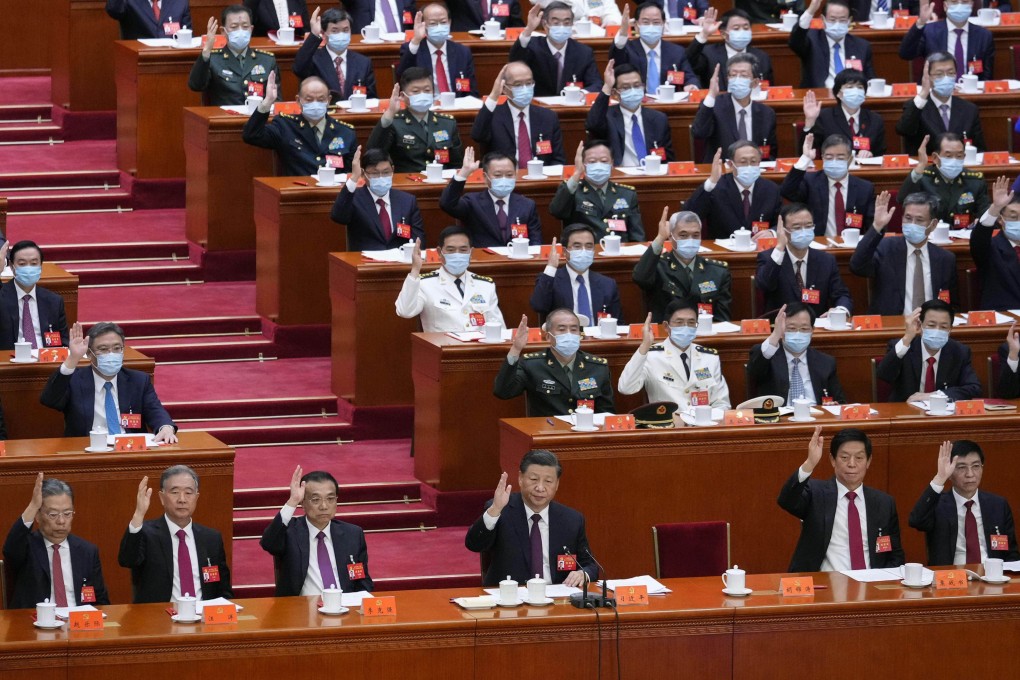Advertisement
Global Impact: Now the dust has settled after the 20th party congress, where is China heading under Xi Jinping?
- Global Impact is a fortnightly curated newsletter featuring a news topic originating in China with a significant macro impact for our newsreaders around the world
- In this edition, we look back at the 20th party congress in Beijing and ponder what it all means for the next five years (and maybe more) for China
Reading Time:5 minutes
Why you can trust SCMP
1

The 20th National Congress of the Chinese Communist Party ended last Saturday with the election of a new Central Committee and amendments of the party constitution.
Then, on the following day, President Xi Jinping further cemented his paramount leader status with a third term as the general secretary, while also confirming a new line-up for the Politburo and its powerful Standing Committee.
The results were largely as expected as some of the familiar faces like Premier Li Keqiang and parliamentary chief Li Zhanshu are set to retire.
At the same time, Xi has populated the leadership core with his trusted aides and some up-and-coming new faces. The absence of any heir apparent in the new line-up also indicates that Xi will continue to rule China for another five years and maybe beyond.
Advertisement
The new leadership is not just younger, but it also boasts a more professional make-up. Within the Politburo, at least half-a-dozen members share a background in science and technology. There is also a public health expert and a top industrialist with decades of management experience.
The retention of Foreign Minister Wang Yi and military strongman Zhang Youxia despite their advanced age, however, indicate that Xi also values continuity and keeping a steady-hand in these two critical areas. There was, however, for the first time in decades, no woman selected for the Politburo.
Meanwhile, the congress also sent plenty of signals and messages about where Xi is going to lead the party and the country. On different occasions, Xi has made it clear that the congress marked the beginning of a new era, which will eventually see China become a modernised and prosperous world power in around three decades.
Advertisement
Advertisement
Select Voice
Select Speed
1.00x